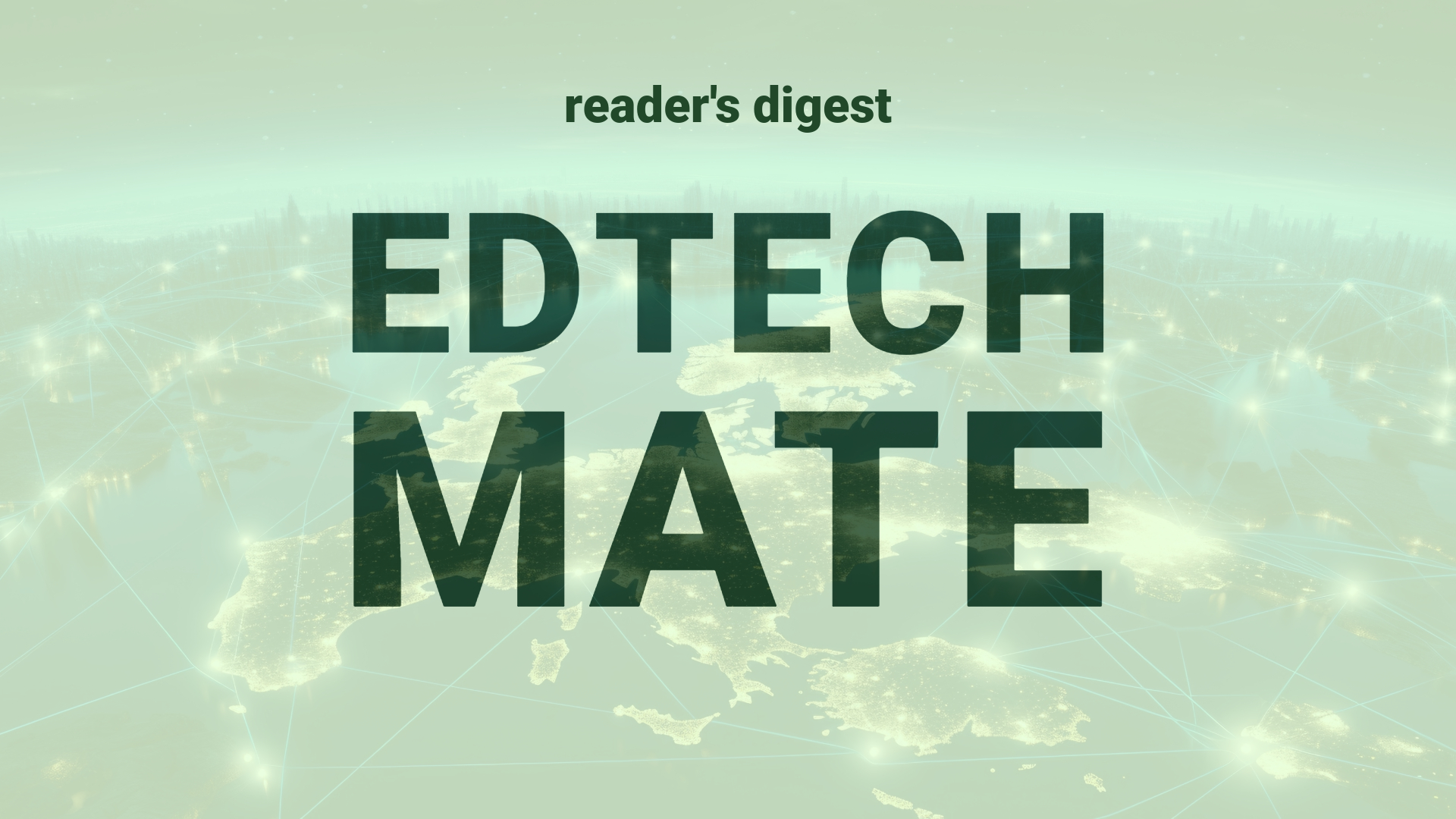Executive Summary and Main Points
In the context of international education and digital transformation, the narrative provided reveals personal observations on the unexpected advantages gained from obtaining a PhD. The individual outlines self-perceived boosts in confidence, credibility, and resilience, attributing them to the rigorous demands and the academic environment fostered through the PhD experience. These reflections highlight the transferability of doctoral-level competencies such as analytical thinking and problem-solving to entrepreneurial efforts, particularly in the expansion of online businesses. Additionally, the PhD credential seemingly confers a level of social recognition that aids in quick establishment of authority and trustworthiness in various contexts, from professional to social settings. Importantly, the testimony underscores the value of networking within academic cohorts, which offers lifelong access to knowledgeable and skilled peers across different domains.
Potential Impact in the Education Sector
The insights provided could influence Further Education, Higher Education, and Micro-credentials by emphasizing the importance of fostering a culture of confidence, resilience, and adaptability in students. Institutions might employ strategic partnerships to integrate aspects of doctoral training into curricula, such as critical thinking exercises or collaborative projects that mimic PhD research dynamics. Furthermore, as digitalization continues to shape the educational landscape, these personal accounts support the development of online platforms for networking and knowledge exchange amongst students and alumni, enhancing the value of educational credentials beyond pure academic knowledge.
Potential Applicability in the Education Sector
Innovative applications for international education systems could stem from these PhD experiences, particularly through leveraging AI and digital tools. For instance, AI-driven analytics could offer personalized learning experiences that cultivate the kinds of analytical skills a doctorate develops. Incorporating digital simulations of complex problem-solving scenarios may allow students at various educational levels to gain a taste of the challenges and rigor associated with PhD research. This could prove especially beneficial in distance learning programs, wherein AI could facilitate peer-to-peer interactions and skill sharing, akin to the collegiate network within a PhD lab.
Criticism and Potential Shortfalls
From a critical perspective, while PhD studies can instill desirable traits such as resilience and problem-solving abilities, there’s a risk of reinforcing unhealthy norms of overwork and burnout common in academia. Additionally, the reliance on a PhD for credibility may perpetuate elitism or devalue other forms of expertise. Ethically, the commodification of PhD titles in gaining social status raises concerns of equity, particularly in diverse cultural contexts where access to higher education may be limited. Comparative international case studies could further illuminate how these dynamics play out across different educational systems and cultural backgrounds.
Actionable Recommendations
For leaders in international education, implementing these technologies might involve curating mentorship programs that connect students with PhD-holding professionals across industries. Pilot projects could include virtual research incubators, fostering collaboration between established and emerging scholars, regardless of geographical barriers. Additionally, exploring micro-credential offerings that encapsulate PhD-level skills applicable to entrepreneurship or leadership may provide professionals with the benefits of doctoral training in a more accessible format. It’s crucial for educational institutions to strategically contextualize the application of PhD benefits within their distinct cultural and ethical parameters, ensuring inclusivity and relevance

